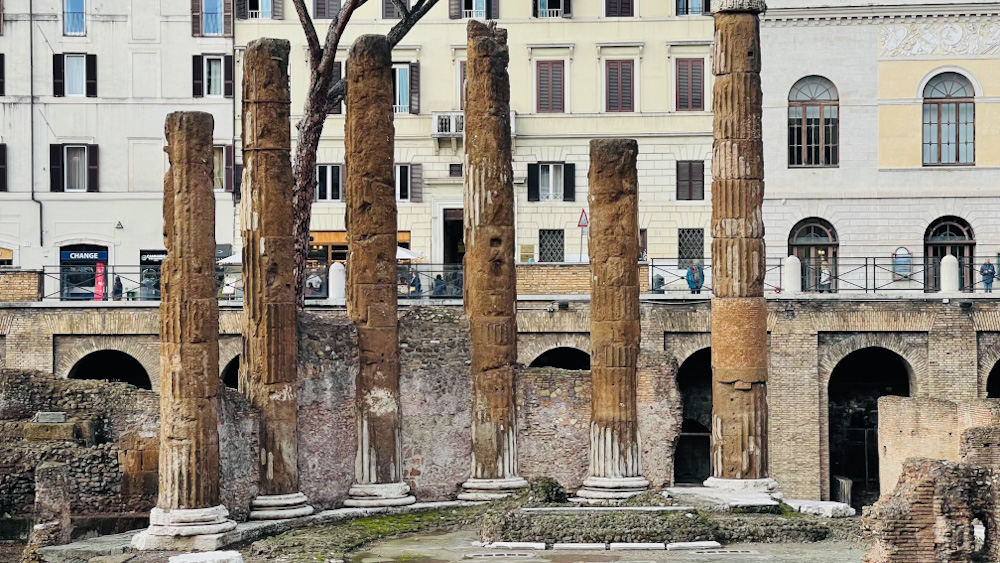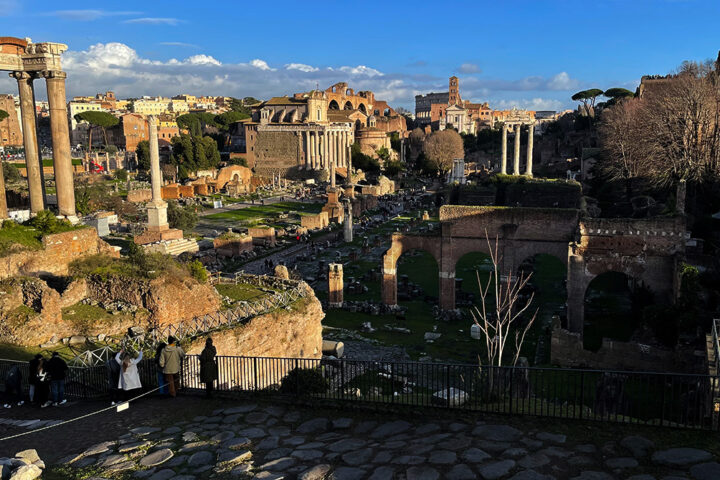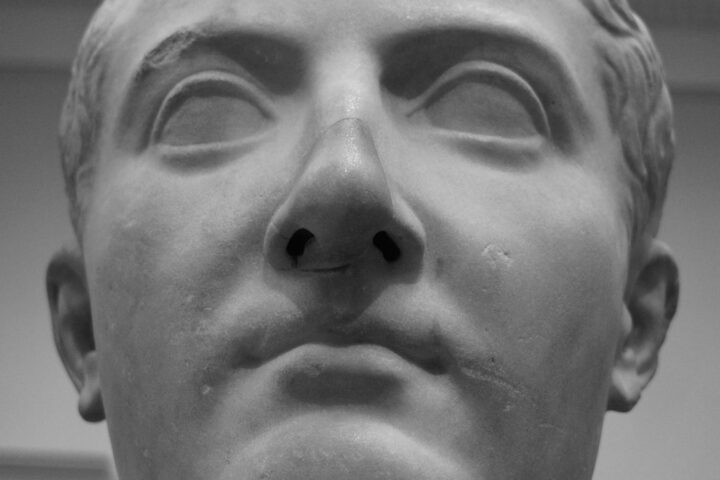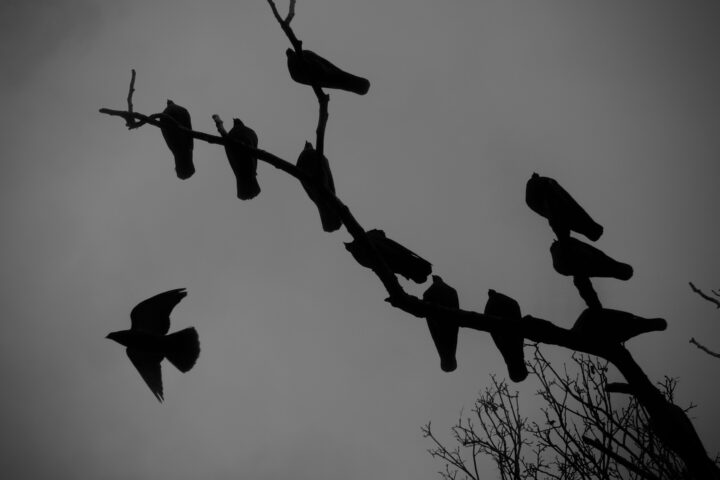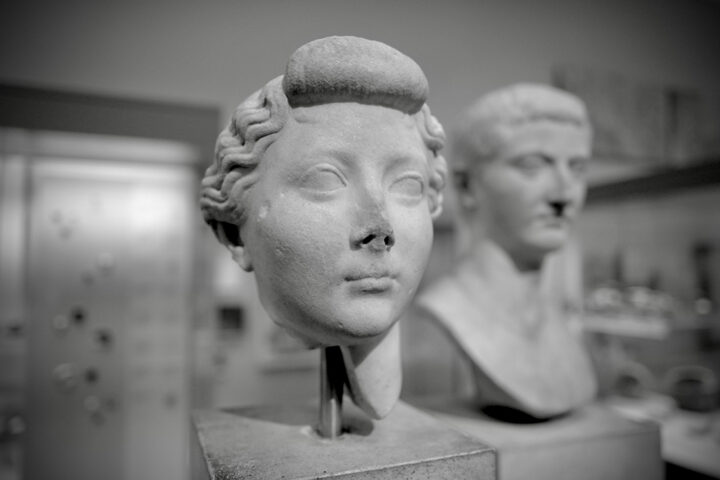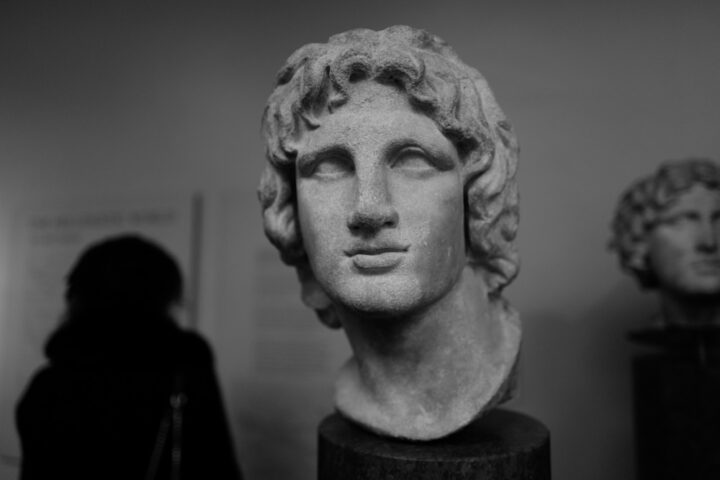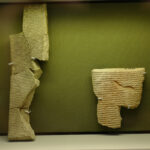As December ends, there is a universal desire to dress up, gather with friends, and celebrate, simply because our planet has completed another revolution around the sun. So strange, one may think.
Though some might view these festivities as trivial, they don’t deter countless individuals from seeking meaning—or at least an excellent reason to party—every December 31st. Fireworks light up the night sky, resolutions are made despite often being forgotten by February.
While time is fundamentally a human construct, we still find ourselves toasting and counting down around the world. Perhaps these celebrations, which seem superficial, hold an intrinsic value. We may not be commemorating a cosmic occurrence or a legendary narrative, but we are relishing an occasion dedicated to time itself.
Maybe, that is the charm of New Year’s. These celebrations allow us to pause, reflect, and reset. They remind us that amidst the relentless flow of time, we should embrace those joyful moments with loved ones whenever we can. We have been doing this for thousands of years. It’s in our nature, to have fun.
Since about 4,000 years ago, the ancient Mesopotamians, especially the Babylonians, threw a huge New Year celebration called Akitu. It lasted 11 days and started with the first new moon after the spring equinox, usually in late March. As spring was all about new beginnings and fresh starts, so it made sense to start the year then.
In ancient Egypt, the New Year was all about timing with nature. They watched for the star Sirius, which signaled the Nile’s life-giving floods—super important for their farming. Their New Year kicked off around mid-July by today’s calendar.
Then came the Romans and their familiar twist. They originally celebrated in March, but Julius Caesar revamped their calendar in 46 BC, creating the Julian calendar. This moved the New Year to January 1st in honor of Janus—the two-faced god who looked to the past and the future, the perfect symbol for a fresh start.
As the Roman Empire grew, so did these customs. But it wasn’t until 1582, when Pope Gregory XIII introduced the Gregorian calendar, that January 1st became the global go-to for New Year’s Day in much of the Western world. This change was needed to fix the Julian calendar’s quirks and keep the year more aligned with the seasons.
Many cultures developed their own amazing ways to celebrate the New Year, based either on the moon or the sun. The Chinese New Year is tied to the lunar calendar and can be anywhere from January 21 to February 20. Meanwhile, the Jewish New Year, Rosh Hashanah, happens in early autumn.
Nowadays, welcoming the New Year is a global party with all sorts of traditions and festivities. Whether it’s fireworks, parties, religious rituals, or some peaceful reflection, ringing in the New Year is all about marking time’s passage and embracing new beginnings. It’s a universal moment shared by people everywhere.
Photograph: Remains of the Curia di Pompeo in Rome, where Roman Senators assassinated Julius Caesar in 44 BC. – (Photo: IBFPG)


